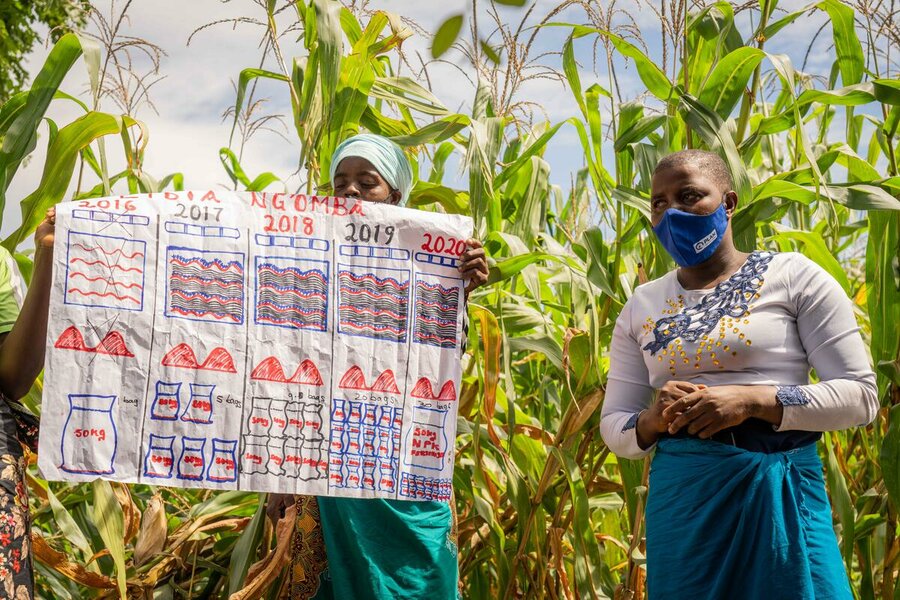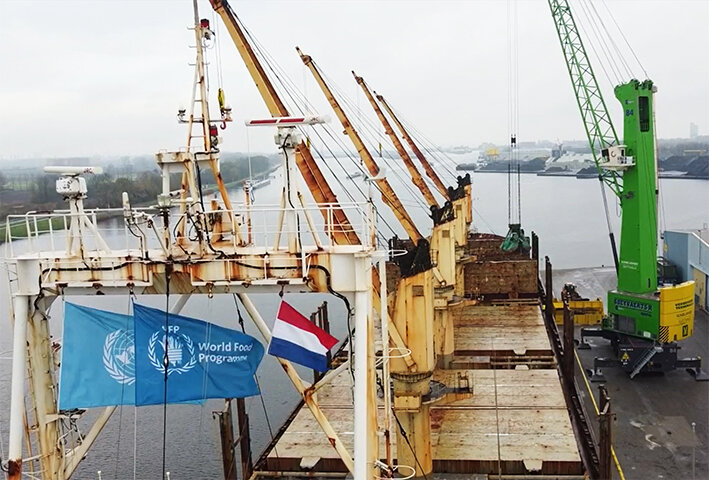
Forty-nine million people in 49 countries are on the edge of famine. Overall global needs for humanitarian assistance are higher than ever, as rising costs of food and fuel compound the plight of the world's poorest, many already hit by conflict and climate change.
Adding to their plight, the world is in the throes of a 'fertilizer crunch'. Fertilizer prices have risen by 199 percent since May 2020. While this is partly a consequence of the war in Ukraine, prices of food, fuel and fertilizers had already reached record highs by the end of 2021.
Fertilizer is essential to optimize food production. With planting seasons imminent in much of the world, it is critical that all farmers get the fertilizer they need quickly and at affordable prices.

In 2022, the world struggled with a price crisis. There was enough food but at the wrong price and in the wrong place, meaning the poor could not afford it. In 2023, there could be a major food-availability crisis as the global fertilizer crunch, climate shocks and conflict upend food production.
The food security of 50 percent of the world's population, who depend on food produced with the help of mineral fertilizers, is at risk.
Due to fertilizer shortages, global production of maize, rice, soybean and wheat is expected to be down 2.4 percent in 2022, according to Gro Intelligence, a New York-based analytics platform. In terms of calories, that's enough to feed 282 million people for one year, according to the World Food Programme (WFP).
Russia is a big exporter of three major groups of fertilizers - nitrogen, phosphorus and potassium (NPK) - and has a vital role to play in ensuring sufficient food production for next year. But the war in Ukraine has led to cuts in the supply of fertilizers to people in countries on the frontlines of the global food crisis.
In a welcome development, Russian firm Uralchem-Uralkali announced in November its intention to donate 260,000 metric tons of NPK, stuck in ports in Europe, as humanitarian aid.
And so on 29 November, on behalf of the Government of Malawi, the WFP-chartered vessel MV Greenwich left the Dutch port of Terneuzen with 20,000 metric tons of fertilizers, bound for Malawi via Mozambique.






